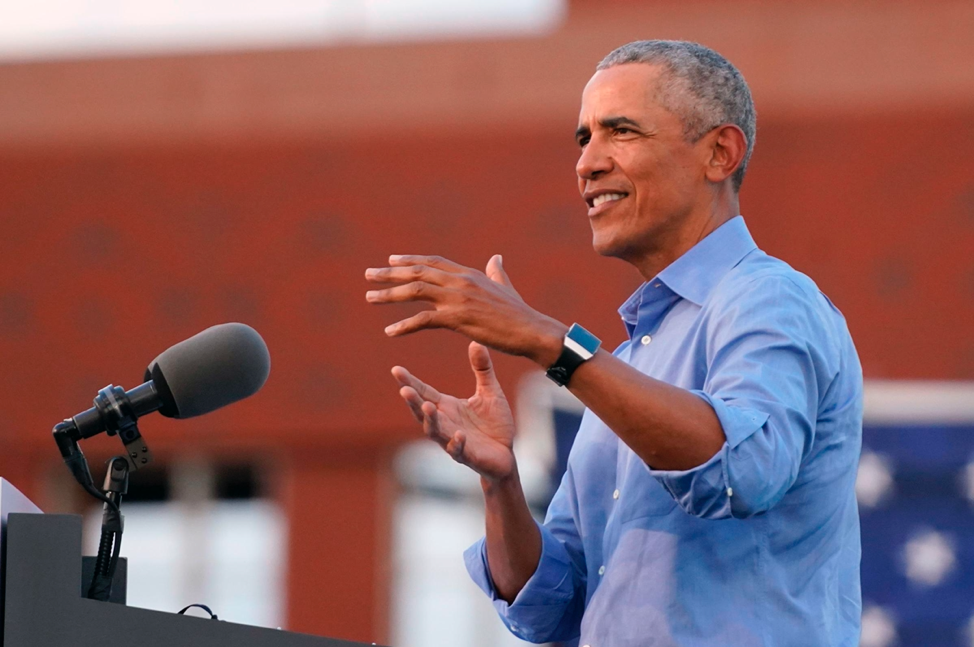Hope and a Better World: A Writer’s Responsibility
/I believe it is the responsibility of all writers—regardless of what they are writing about—to carry a message of hope and promise for the future. The tone and the conclusion should be one of hope and optimism—be it a dissertation, a research paper, a reflection paper, a critique, a speech, a business report, a memorandum, a client evaluation, a personal essay, or a cover letter.
Otherwise, why bother?
Doesn’t illumination of any subject pave the way for ensuring our actions are better informed, improving human interactions, reducing the chance of doing harm while evoking good stewardship, good relationships, resolving confusion and conflict, and healing broken bonds? This is especially true with the dissertation, and I tell my students that their study, ultimately, should make the world a better place.
Never has this message been more important than today. Many of my friends are worried about the upcoming election. They’re expecting the worst. I tell them they can’t go there, because their discouragement seeps into the universe, and thus, makes their worst fears more likely to come true.
I say to them, “You cannot be despondent now. You must be hopeful,” because I know that hope is a force that lives within us, and when it collectively lives within us, it can move mountains.
I have a visceral experience of this. In 1989, I was one of ten women who encircled our friend, Alice, on the eve of a difficult surgery. Vivian instructed us to summon our love for Alice and then direct that energy first to the left, then to the right, and then into the circle towards Alice. What was so remarkable for me was that I felt the energy—almost like a gust of wind—as it was directed left and right. At that moment, I became convinced that the energy within us is a force that can be directed toward the good or the bad.
I experienced this positive energy in a very different environment—at a swim meet, competing in the 100-yard freestyle with goal of breaking 1 minute 27 seconds. I was on the last lap and thinking, “I’m so miserable, I have nothing left, 25 yards is a very long way.” But this time, instead of giving into my complain-y voice, I decided to shift my self-talk to: “Well, let’s just see what you can do here!” My coach told me my time was 1:17. I didn’t believe him. Never in my wildest dreams did I think I could swim that fast; yet, my self-talk had shaved 10 seconds off my time. (Caveat: My times reflect those of an older swimmer who came to competitive swimming late in life. Still, I never lose sight of how grateful I am to be the one giving my all in the water when many others my age are becoming increasingly sedentary, uncomfortable in their bodies, ill—or dead.)
But let’s get out of the water and back to our computers. If we are writing, if we are putting a message out to the world, we must make sure that that message provides an element of hope, something we can latch onto so that the reader will take away a sense of empowerment and brightness.
I can think of no one better to illustrate my point than President Obama. Here are but a smattering of his inspirational words spoken at a rally in Philadelphia just yesterday, October 21:
How have you been able to take it these last 4 years, just watching this, how do you keep your spirits up? … For all the times we’ve seen our worst impulses revealed, we’ve also seen what our country can be at its best. We’ve seen folks of every age and background who have packed city centers and airports and town squares just so families won’t be separated…. We’ve seen Americans of all races joining together to declare in the face of injustice that black lives matter.… America is a good and decent place, but we’ve just seen so much noise and nonsense that sometimes it’s hard for us to remember…. I’m asking you to remember what this country can do, what it’s like when we treat each other with respect and dignity.… We can’t just imagine a better future, we’ve got to fight for it.…
